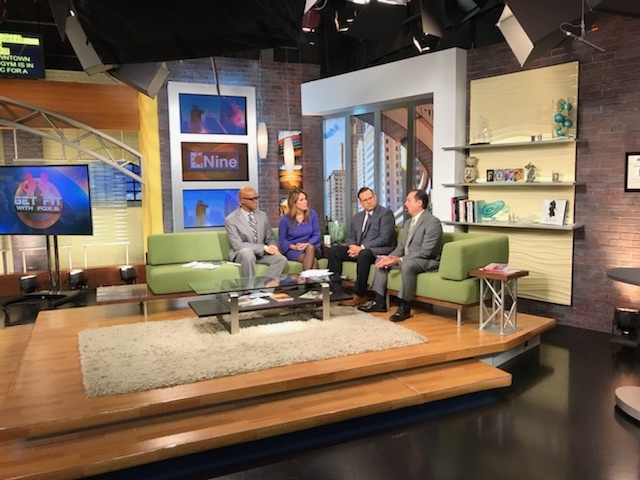April is Sexual Assault Awareness Month (SAAM). According to the National Sexual Violence Resource Center, here in the United States, “one in three women and one in six men experienced some form of contact sexual violence in their lifetime.”
Sexual violence may be broadly defined as the act of forcing, manipulating, or coercing someone into unwanted, non-consensual sexual activity.
With the #MeToo movement shedding light on the insidiousness of sexual assault and violence, we are now more than ever acutely aware of how widespread unwanted sexual advances are, how the cycle of abuse is perpetuated, and what we can do to stop it.
Below is President and owner of Ulliance Kent Sharkey on the morning news talking about sexual harassment in the workplace. Is your workplace educated around this issue #MeToo????

1. According to the EEOC, at least 25% of women experience some form of sexual harassment in the workplace.
Some studies have indicated that as many as 85% of women in the workforce have experience some form of sexual harassment. Men can experience sexual harassment in the workplace as well – for example, in 2013, the EEOC reported that 17.6% of sexual harassment claims were filed by men.
2. Fear of retaliation, shock or disbelief, and feelings of shame are some of the reasons victims of sexual violence are reluctant to come forward.
It is not easy to come forward about sexual violence, especially if talking or even thinking about what happened causes anxiety or trauma. It can take some victims of sexual violence years to come forward.
3. Modeling healthy social behaviors, understanding and obtaining consent, and being willing to call out bad behaviors are ways we can stop the cycle of abuse.
When it comes to intimate contact with your partner, be specific in your language – ask things like, “Is this okay?” and “Are you comfortable with this?” If your partner gives you any indication that they are uncertain or unsure about what they’re participating in, stop and talk. Don’t put pressure and remember that No means No.
“
Everyone heals in their own time and in their own way. The path isn't always a straight line, and you don't need to go it alone.
― Zeke Thomas
To learn more about the some of the Ulliance employee and manager/leadership training courses
CLICK BELOW
Resources on Sexual Assault ► How to ask, what to do & why it’s important:
National Sexual Violence Resource Center ► nsvrc.org/saam or follow the blog https://www.nsvrc.org/blogs/saam


